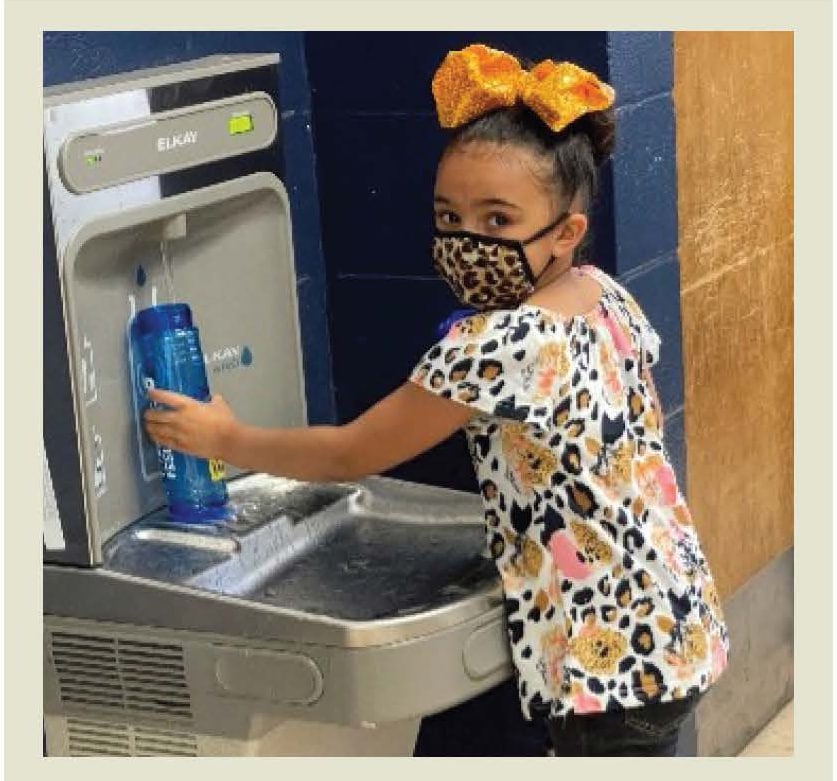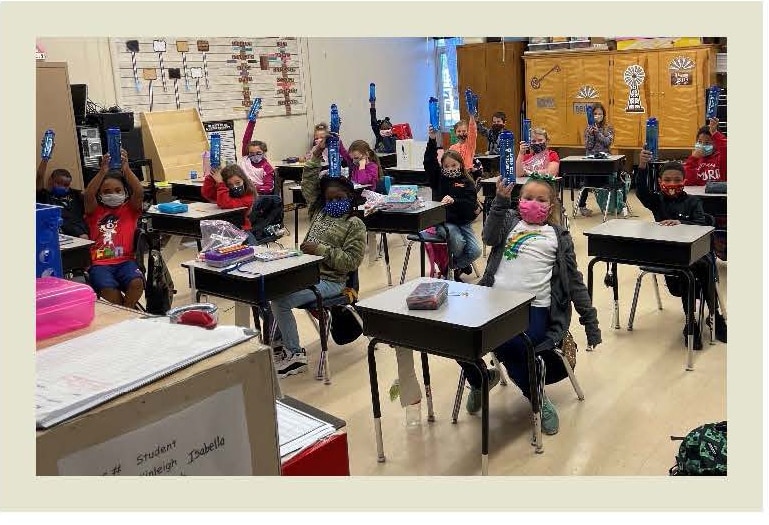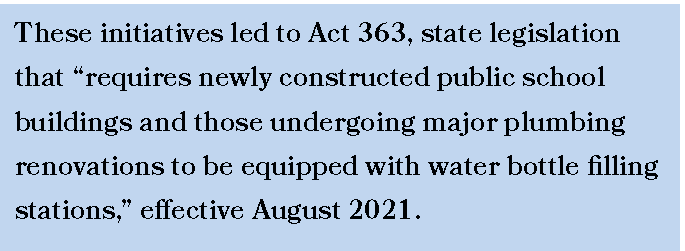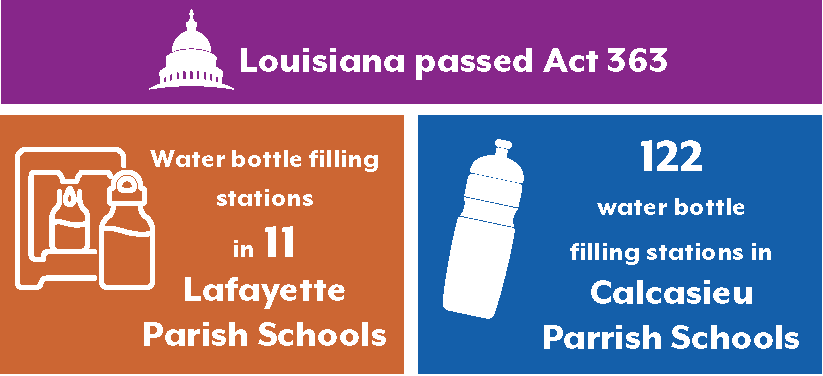Louisiana

Students in Louisiana Healthy Schools’ priority Local Education Agencies (LEAs) are more likely to belong to racial and ethnic minority groups when compared to the statewide averages. These racial and ethnic minority students are more likely to exhibit poor health behaviors and outcomes than their White counterparts. For example, in these priority LEAs, Black high school students are more likely than White high school students to be overweight or have obesity, less likely to have consumed fruit or vegetables in the past 7 days, and less likely to have gotten physical activity in the past 7 days, according to data from CDC’s Youth Risk Behavior Surveillance System (YRBSS).
Because these students spend a considerable amount of time in school, it’s an ideal setting to influence their health by providing access to healthy food, water, physical education and physical activity, and other health services.


Sixty-three schools (23%) in these six priority LEAs completed CDC’s School Health Index e-Learning Course, which is an introduction to CDC’s School Health Index: Self-Assessment and Planning Guide, an easy-to-use, online self-evaluation and planning tool for schools. Seventy-eight schools (28%) completed the School Health Index and developed a plan. As a result of the self-assessments along with extensive professional development and dedicated technical assistance, Louisiana Healthy Schools’ initiatives in priority LEAs inspired statewide legislation.
For example, four of the school systems started initiatives to install water bottle refilling stations, with funding from Louisiana Healthy Schools.

Lafayette Parish School System will install water bottle refilling stations at 11 schools. Louisiana Healthy Schools also secured a donation of 500 reusable water bottles for Lafayette students through Well-Ahead Louisiana. Calcasieu Parish School Board installed two water bottle reflling stations at every school in the district (122 total) and bought reusable water bottles for over one-third of its students (10,500). Louisiana Healthy Schools donated another 4,000 bottles to Lafayette, St. Landry, and Tangipahoa Parishes.

Louisiana Healthy Schools will continue to work with these priority LEAs through June 2023 to use findings from their School Health Index assessment to expand health opportunities for students and inform statewide policy change and physical environment modification. Louisiana Healthy Schools collected YRBSS data in fall 2021 and School Health Profiles data in spring 2022 to assess student health needs and how the water bottle filling station program can support student health.

